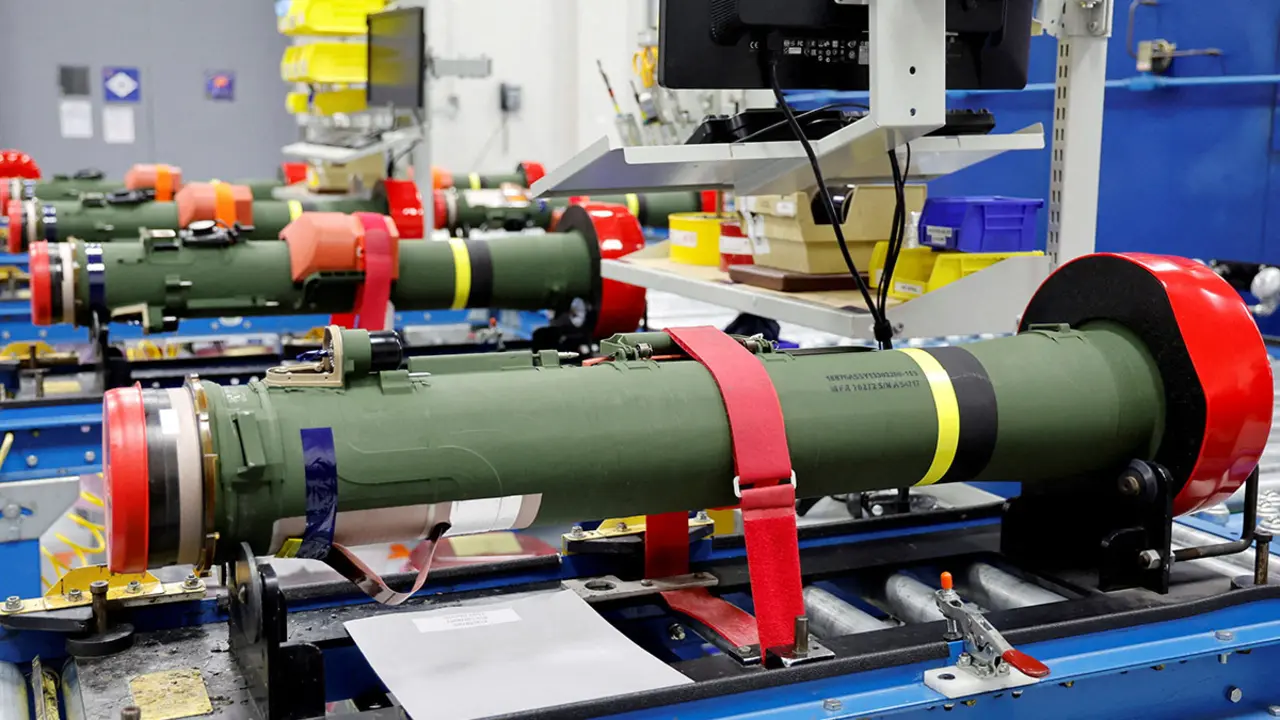King Abdullah II proclaims an end to "sedition" in Jordan's royal family

King Abdullah II of Jordan broke his silence on Wednesday by issuing an official statement in which he declared that "sedition has been nipped in the bud", in reference to the investigation opened against his half-brother and former heir to the Crown, Prince Hamza bin Hussein, for his alleged involvement in an attempted coup d'état.
In the letter, Abdullah II remarked that "the challenge of the last few days was not the most difficult or the most dangerous for the stability of our nation, but for me it was the most painful" because it came from within the royal family. "The sedition came from within and outside our one house, and nothing compares to my shock, pain and anger as a brother and as the head of the Hashemite family, and as the leader of this proud people."
Jordanian authorities on Sunday accused Prince Hamza bin Hussein of being part of a conspiracy to "destabilise the national security" of Jordan. The government reported the arrest of at least 18 senior officials, including a number of aides and associates of the former heir to the throne, as well as several members of one of the powerful tribes on which the Jordanian monarchy has historically depended.

Hamza bin Hussein himself was then placed under house arrest. He said so himself after the publication of two videos, in which he explained that he had been forbidden to leave his residence and communicate with his entourage for criticising the government and the King. Abdullah II announced that "Hamza is today with his family, in his palace, in my care", after several days without making any public appearance.
The monarch used the occasion to vindicate his role and that of the authorities. In the statement he said that his main responsibility is to "serve Jordan and safeguard its people, its constitution and its laws". He stressed that "nothing and no one is above the security and stability of Jordan, and it is imperative to take the necessary steps to fulfil this responsibility".
In the letter, read out by a Jordan TV news anchor, Abdullah II sharply criticised his half-brother's attitude: "Prince Hamza pledged to the family to follow in the footsteps of the forefathers, to remain loyal to his mission and to put the interest of Jordan, the Constitution and the laws above all other considerations".
Referring to the investigation facing the former heir to the throne, the current head of state explained that the outcome of the enquiry will be made public in accordance with the law and when the legal process is completed. Prosecutor General Hassan Abdallat announced on Tuesday the imposition of censorship on all types of news publications, including images and videos, related to Hamza bin Hussein, after clarifying that this only extends to "issues related to the investigation, its confidentiality, security, evidence and persons involved". As a result, the authorities have vetoed media coverage of the royal dispute.
Prince Hamza has been publicly outspoken about his disagreements with the country's political leaders. The former heir to the crown has repeatedly railed against systemic corruption, democratic shortcomings and political mismanagement in Jordan. However, following the publication of a recording in which he made clear his animosity towards the monarch, the Royal House released a statement in which he reportedly radically changed his position and promised to correct his behaviour.

The division in the royal family has occurred in the midst of an already adverse economic, social and health situation. However, the pandemic has only served to deepen the crisis. The latest figures show unemployment at close to 25 per cent, and long-standing complaints about corruption and misrule have been the perfect breeding ground for the outbreak of several protests in recent months.
After being appointed crown prince by Abdullah II upon his accession to the throne in 1999, Hamzah was removed by the current king in 2004. For the first few years he kept silent on the degradation, but Hamza bin Hussein has nevertheless tried to arrogate to himself the role of representative of social discontent. This division can also serve as a great opportunity for him to strengthen his popularity and win supporters for his cause.
The strategic landscape in the Middle East remains in flux following the Gulf states' rapprochement with Israel in the wake of the Abraham Accords. This could undermine Jordan's role in the peace process, as it is seen by the West as a key ally in international military efforts to curb the terrorist threat. Moreover, with a sizeable population of Palestinian origin, Jordan is a key player in any future Israeli-Palestinian peace negotiations.
Yesterday, following Erdogan's rebuff, the president of the European Commission visited King Abdullah II in Amman to strengthen bilateral cooperation and to support EU-funded assistance to Syrian refugees in Jordan. The meeting was also interpreted as a clear show of EU support for the current monarch.
Hours after the communiqué, US President Joe Biden held a telephone meeting with the Jordanian head of state to convey Washington's support and the importance of his leadership in the region. The two men, according to the brief statement issued by the White House, spoke about the "strong bilateral ties" between them in economic, political and security matters. Biden took the opportunity to show the monarch the United States' intention to create two states in order to put an end to the Israeli-Palestinian conflict.








